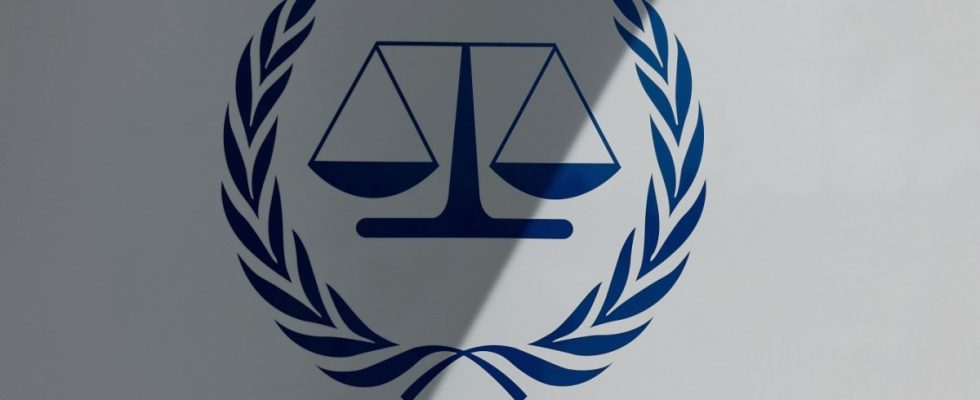International law has grown teeth. This is the good news associated with the creation of the International Criminal Court exactly 25 years ago. But those teeth don’t bite everyone. That’s the problematic side.
For example, as great as the joy was about the historic arrest warrants issued on March 17 against Russian President Vladimir Putin and his “Child Rights Commissioner” Maria Lwova-Belowa for war crimes and crimes against humanity in Ukraine, observers were still missing Even in Europe, the question is seldom asked: And what about George W. Bush? And what about Tony Blair?
After all, justice means that it must apply equally to all suspected war criminals, no matter how powerful or well connected they are. “This arrest warrant is not a means of justice. Rather, it is part of an extended war effort,” commented, for example, in the weekly newspaper The time the war reporter Wolfgang Bauer bitterly. With all love: The West is showing its double standards here. That harms the credibility – and in the end also the law.
The accusation of double standards has never been completely dispelled
In the commemorative speeches on the 25th anniversary of the court, which were held on Monday at the UN headquarters in New York and to which the German Foreign Minister Annalena Baerbock also contributed, people danced carefully around this elephant in the room. The accusation of political one-eyedness is central if one wants to consider the political dynamics at the heart of this court. A court that sits enthroned above everyone, really everyone, so that even generals or presidents are not “above the law”: What a great idea. And what a distance.
The accusation of double standards has never been completely dispelled, not even when lawyers repeatedly explained that Ukraine had simply made use of its opportunity to give the court jurisdiction over its own territory and thus also over Russian crimes there. The state of Iraq, on the other hand, never wanted to do that in view of the USA and Great Britain; unfortunately.
The screaming desire for equal rights for all was in a way the impetus for founding this court right from the start. That was in 1998: Sixty states signed the founding document in Rome, including many African states from the very beginning. They, who later complained loudest about a “neo-colonial” court, submitted voluntarily – unlike the USA, China, Russia, India, Israel and almost the entire Arab world.
Initially, the court earned its reputation as a “Western” court
It was a shrewd German diplomat named Hans-Peter Kaul who played a big part in it. His argument was that with the help of this court, Africa could challenge the wealthy western states that had previously set the tone for interpreting war crimes. The fact that the African heads of state, who then signed the court’s statute in large numbers, first of all opened their own door to the investigators from The Hague – some people may not have realized that until later.
In the beginning, the court thoroughly earned its reputation as a “Western” court. There was a wanted poster that was posted all over the newly occupied building in The Hague. 23 suspected war criminals were pictured – all black Africans. The Libyan Muammar Gaddafi only joined in 2011, and since then a few more Arabs. In 2019, judges in The Hague specifically refused to allow investigations into possible US war crimes in Afghanistan – even though Afghanistan is a member country of the court. The decision sparked outrage and was later corrected.
The Hague has often been a place of banishment for those who fell and were chased away
But the truth is, progress came slowly, but it came. The chief prosecutor of the court, the British Karim Khan, who has been in office since 2021, is also investigating the regimes in Venezuela and Myanmar with great energy. He is also officially investigating alleged Israeli war crimes – pointing out that the “State of Palestine” has joined the court as a member. The USA are still at a distance to this day.
“In the eyes of the victims,” Annalena Baerbock explained on Monday, the court today is “the hope that their suffering will not go unpunished.” In the eyes of those in power, however, it is often a suitable instrument for disposing of domestic political competitors. The Hague has often been a place of banishment for those who fell and were chased away. Former heads of state have also been in court, for example the ex-president of Cote d’Ivoire. But they are usually despots whose time was up anyway – they were overthrown and their successors then put them on a plane and deported them to The Hague.
This is also the most realistic scenario for Vladimir Putin to actually end up in The Hague. In this way, should he be overthrown one day, his successors in Moscow could remove him “cleanly” from the country and discourage any fantasies of returning. Who knows, maybe that will happen sooner than we think today.

